In Seattle, retailers and consumers increasingly prefer an eco-conscious electric toothbrush that reduces waste and shows supply-chain transparency. Therefore, brands must partner with a sustainable OEM that can deliver recycled materials, recyclable packaging, and verifiable lifecycle data. As a result, product success here depends on both genuine sustainability and sound manufacturing.
First, Seattle buyers value environmental responsibility. They look for clear claims—recycled content, take-back programs, and reduced single-use plastic. Moreover, many shoppers compare brands on durability and repairability, not just price. Consequently, products that combine everyday performance with lower environmental impact win trust and higher price tolerance in this market.
Company web:http://powsmart.com
Next, focus on features that matter to Seattle audiences:
Replaceable heads to cut single-use plastic.
PCR plastics or certified bio-based polymers for non-contact parts.
Minimal, FSC-certified paper packaging and soy-based inks.
Long battery life and energy-efficient motors to reduce lifetime emissions.
Then, vet OEM partners on real capabilities. Ask whether they can:
Source and document PCR content percentages.
Mold parts using recycled resins without compromising sealing and durability.
Offer modular tooling to support replaceable heads and easy repairs.
Moreover, balance sustainability with performance. For example, bio-based plastics may not match long-term water resistance. Therefore, require the OEM to run: bristle abrasion, ingress (IPX) testing, salt-mist corrosion for coastal use, and lifecycle stress tests. Also, validate battery safety and cycle life for longer-use claims. Thus, you avoid greenwashing and deliver a product that lasts.
Furthermore, secure third-party validation. Prioritize certifications and documentation such as:
ISO 14001 (environmental management) at the factory.
FSC for paper packaging.
Material Safety Data Sheets and PCR origin certificates.
Cradle to Cradle or equivalent lifecycle assessments where feasible.
Finally, use this practical checklist when evaluating partners:
Request a sustainability dossier with PCR certificates, energy mix, and waste diversion metrics.
Require sample parts molded from the OEM’s recycled resin to test durability and finish.
Ask for full life-cycle estimates (manufacture → use → end-of-life) per SKU.
Verify repairability: availability of spare heads, battery replacement, and modular parts.
Confirm packaging plans: FSC paper, reduced plastics, and bulk refill options.
Negotiate MOQ and pilot runs to test market response in Seattle before scaling.
In short, Seattle shows real demand for an eco-conscious electric toothbrush, but buyers expect measurable proof. Therefore, choose a sustainable OEM that combines recycled materials, durable engineering, and transparent lifecycle data. By doing so, your brand can win eco-minded shoppers, gain retail credibility, and build recurring sales in one of the U.S.’s most sustainability-driven markets.
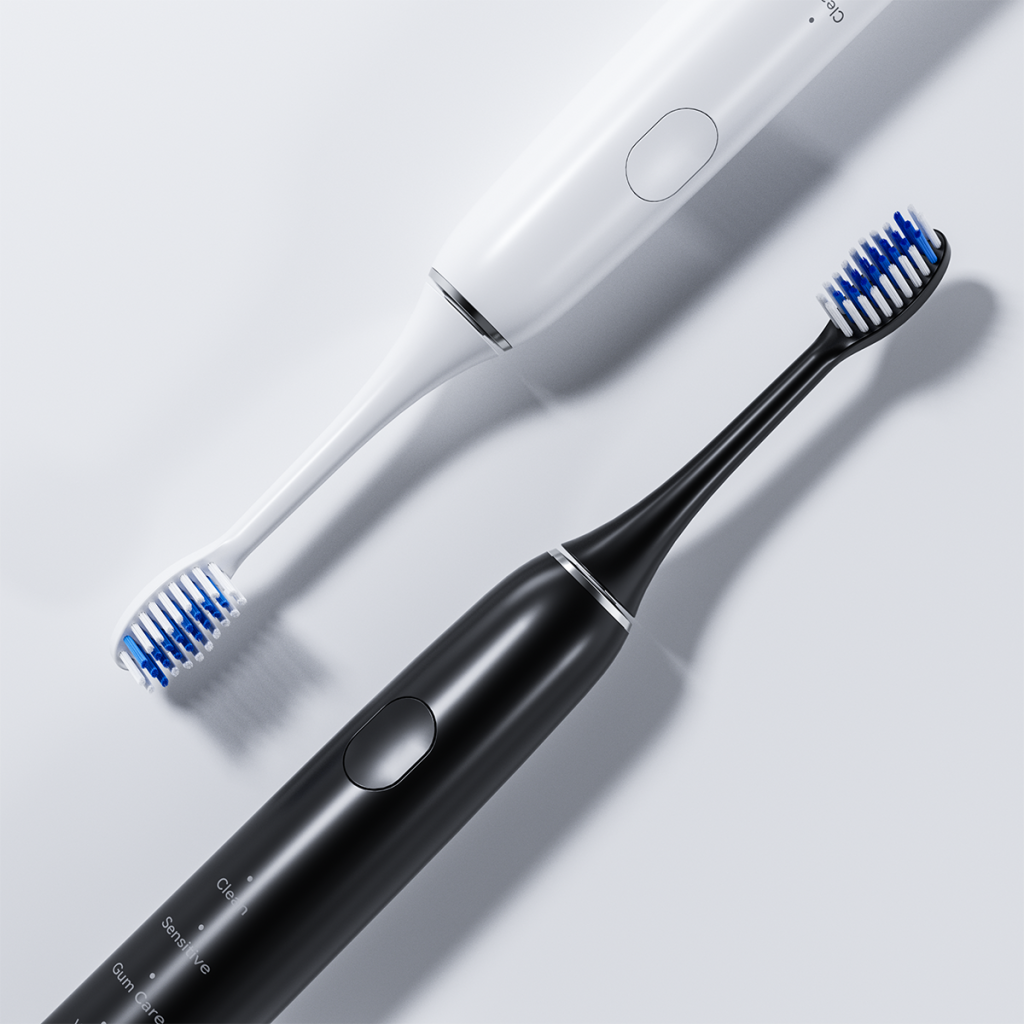
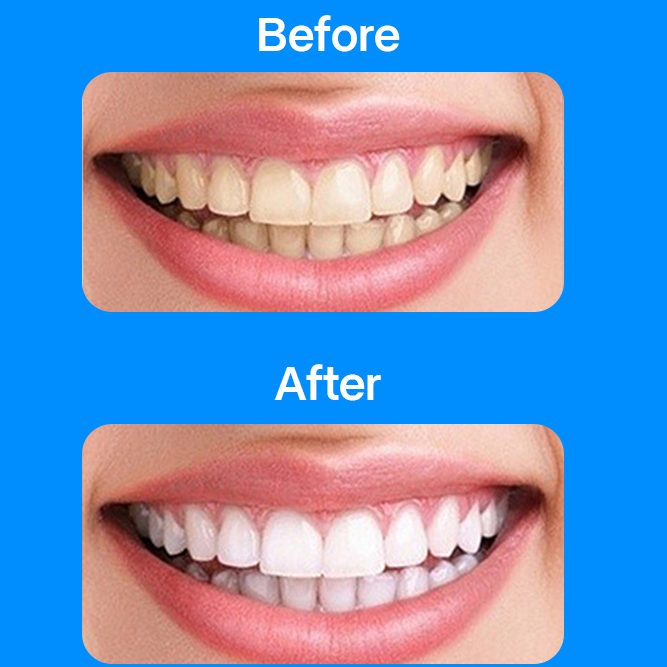
Is It True That Portable Teeth Whitening Devices Have No Effect at All?
.jpg)
Electric Toothbrush Distributor New Brands Washington | Growing Partnerships
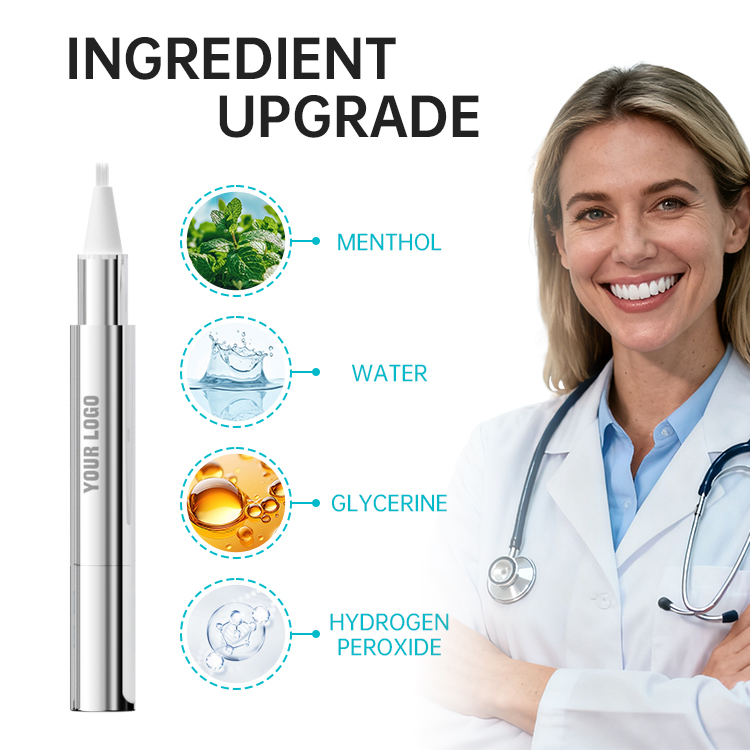
7 Dentist-Approved Tips to Safely Whiten Your Teeth — and How They Can Help You Create Your Own Teeth Whitening Brand
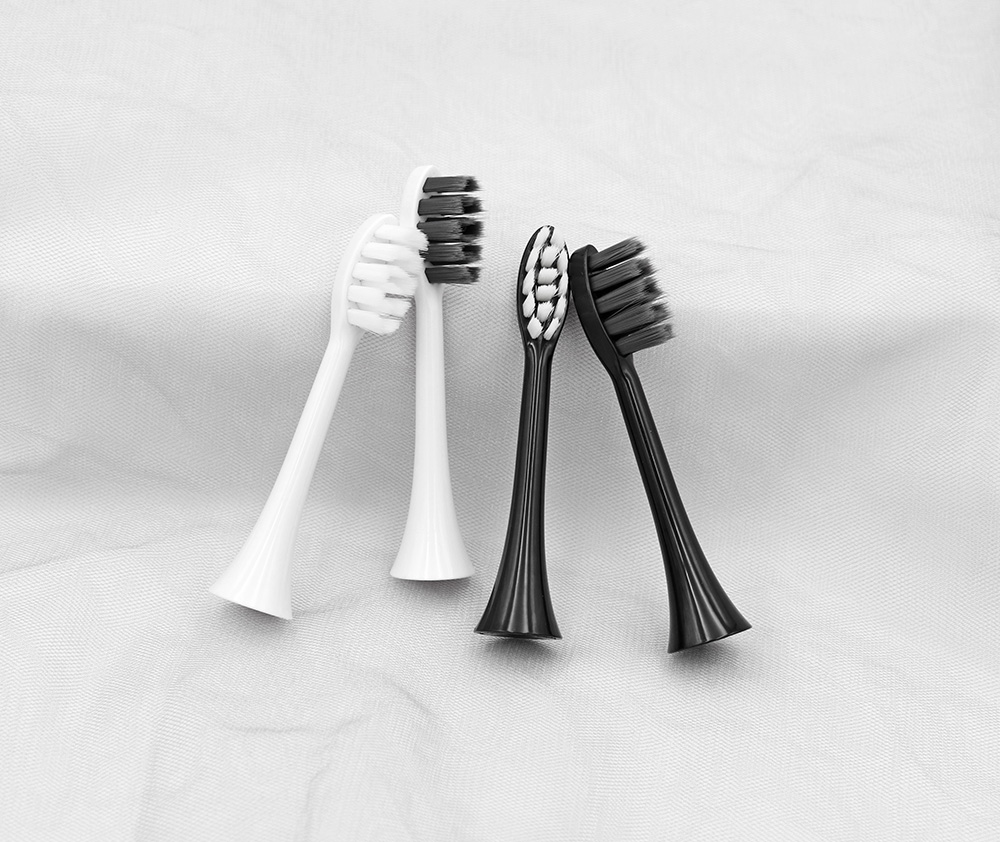
How to Instruct Users to Install a New Brush Head on an Electric Toothbrush Correctly
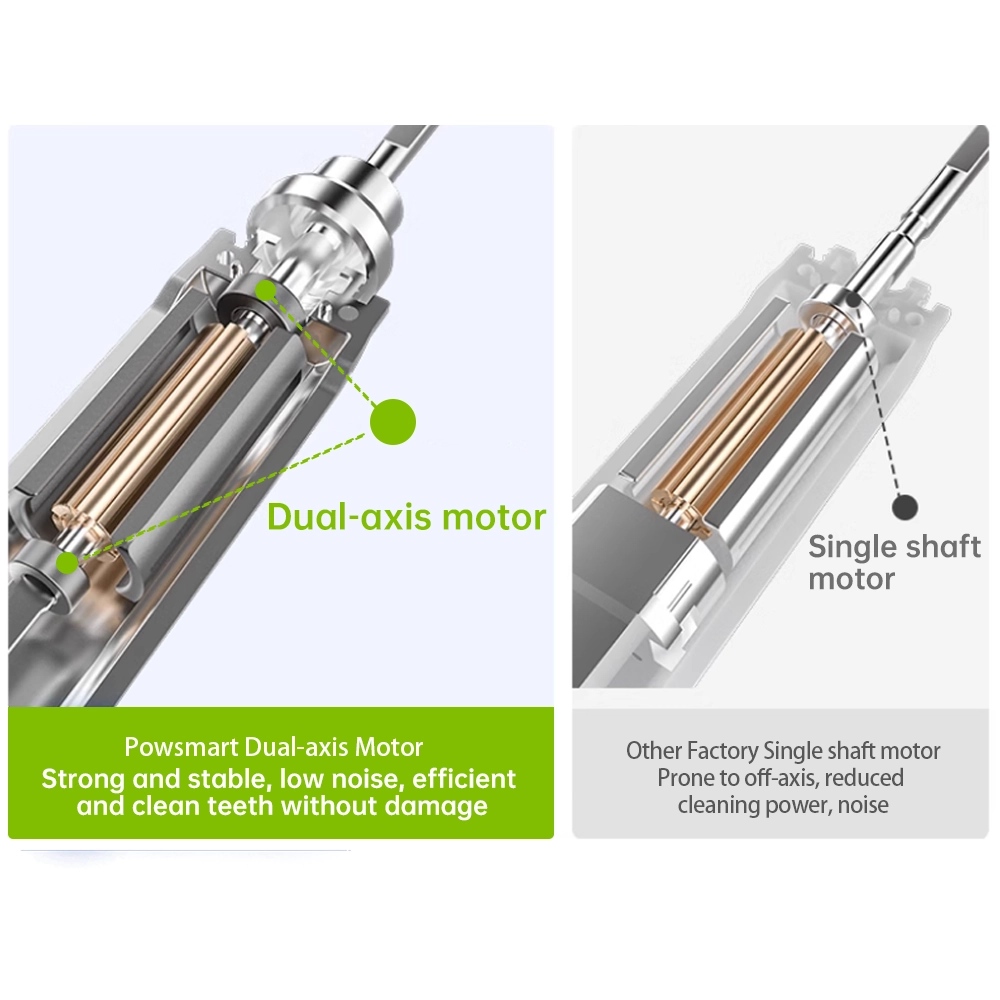
How Much Do You Know About Motor Science in Electric Toothbrushes?
.jpg)
OEM Water Flosser Manufacturing: Custom Solutions for Brands
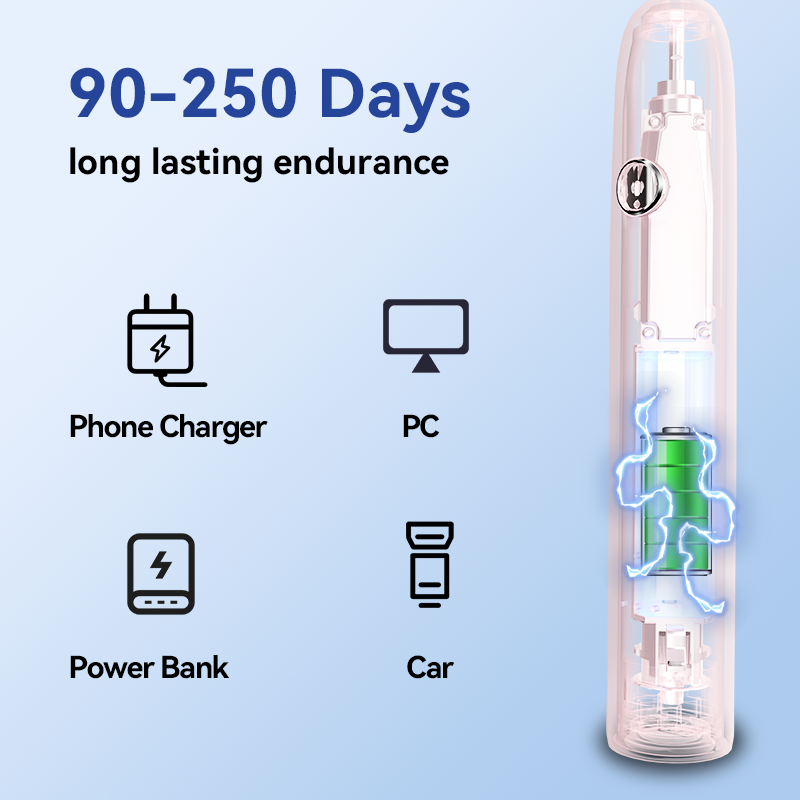
Rechargeable vs. Battery-Powered Electric Toothbrushes: OEM Manufacturing Considerations
.jpg)
Orlando Travel Toothbrush – Powsmart Travel Design with USB-C Charging
.jpg)
Quiet Operation Electric Toothbrush for OEM | Low-Noise Sonic Cleaning for Premium Markets
.jpg)
IPX7 Waterproof Toothbrush Supplier for OEM/ODM Oral Care Projects
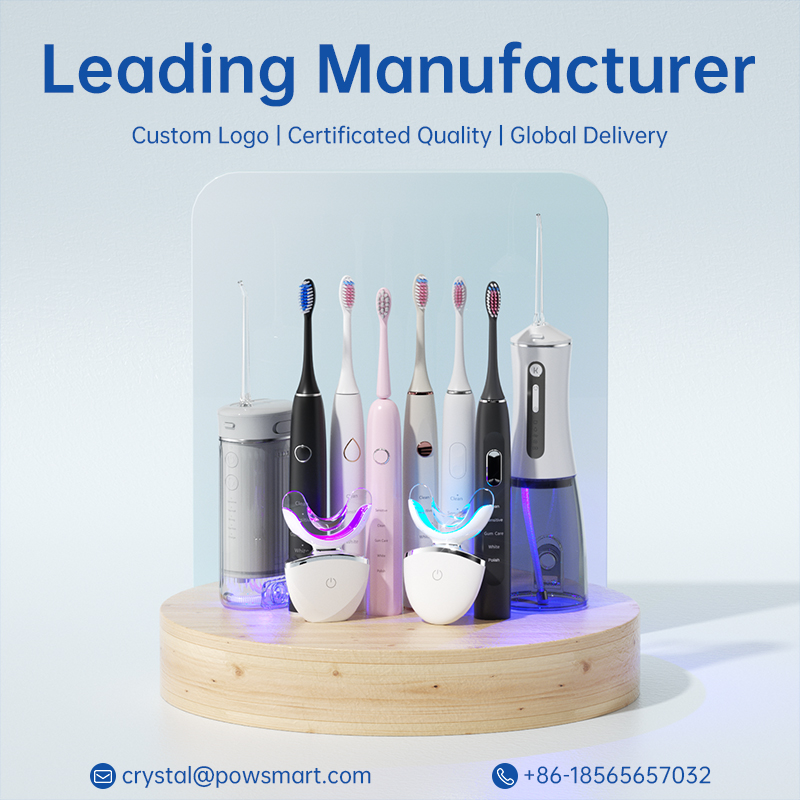
How to Solve the Problems of Product Homogeneity at the Lower End of the Electric Toothbrush Market and the Intense Market Competition
.jpg)
Electric Toothbrush vs Manual – Benefits for Oral Health and Efficiency
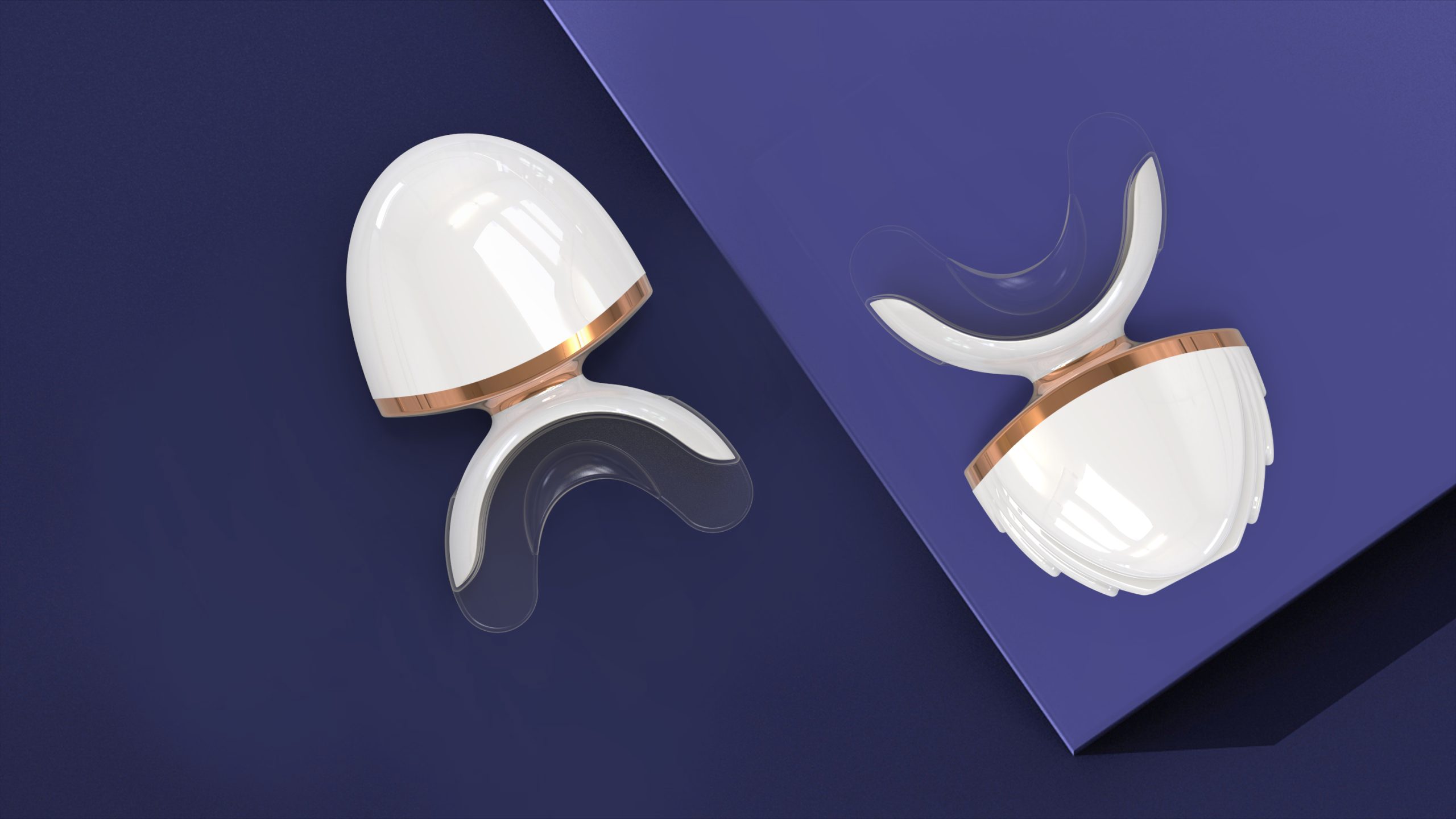
Dentist’s Guide: Choosing the Right LED Whitening Device for Stains
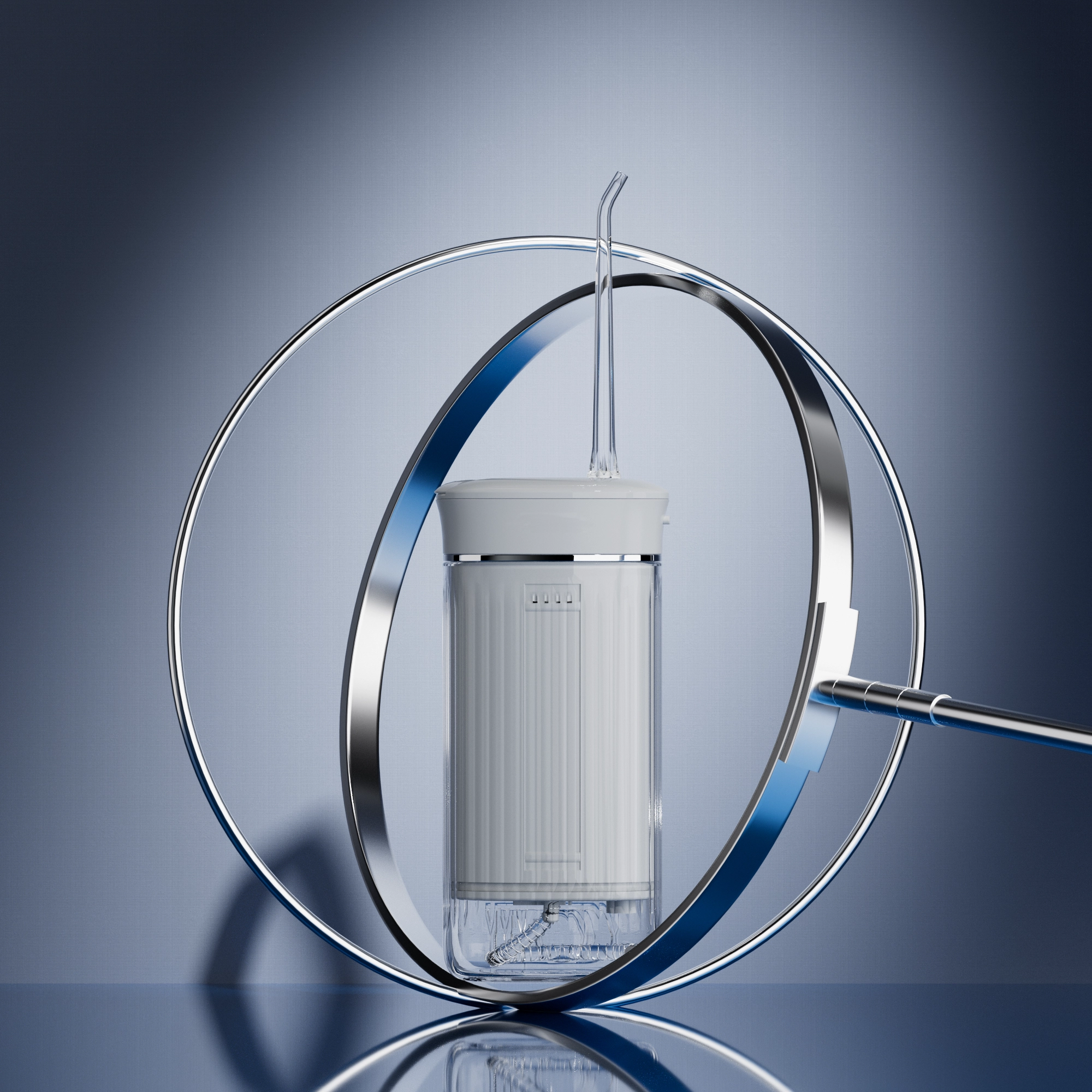
Why Is It Important to Use a Water Flosser Instead of Dental Floss?
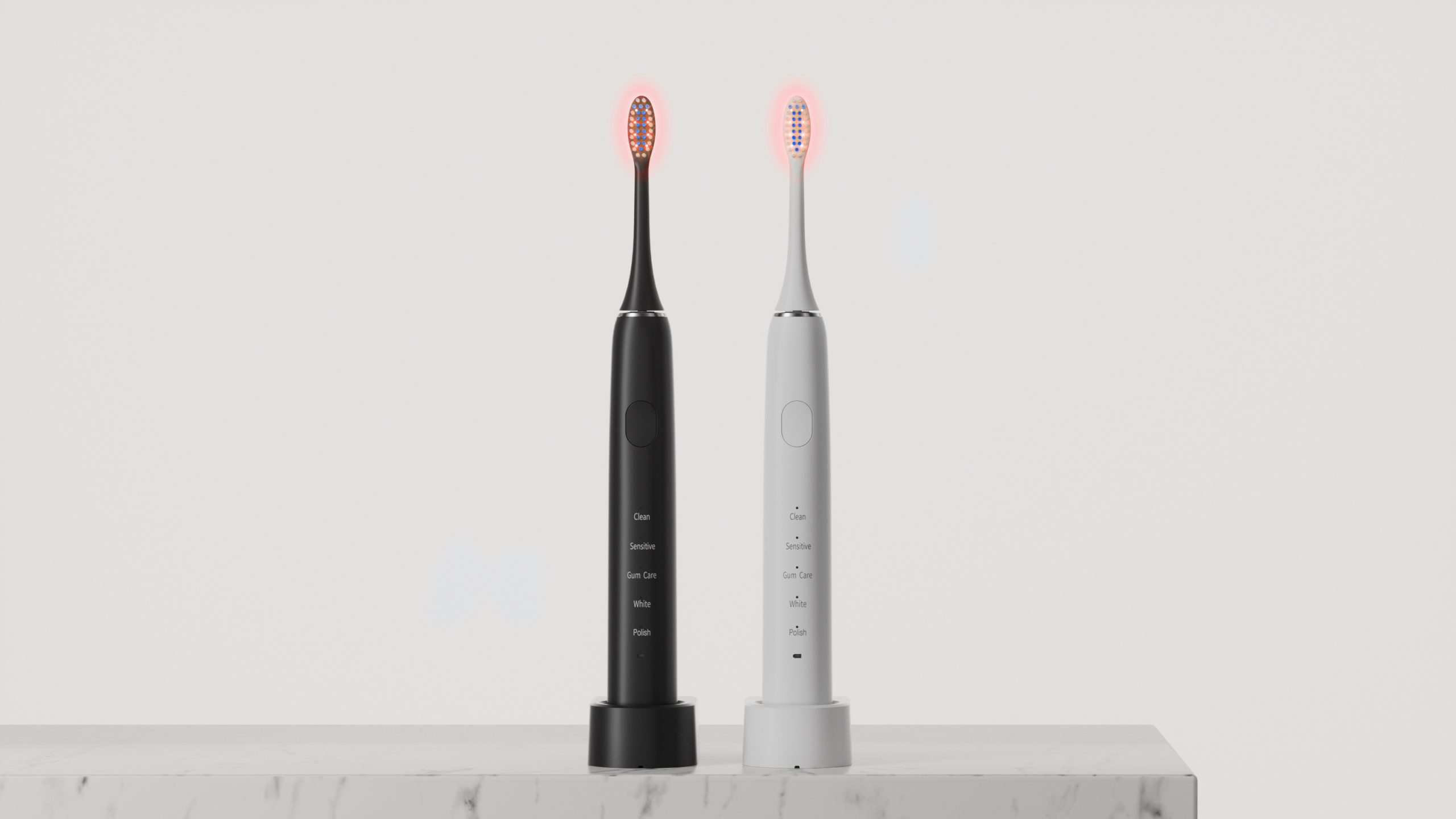
Functional Electric Toothbrushes: Building Market Competitiveness through OEM Innovation
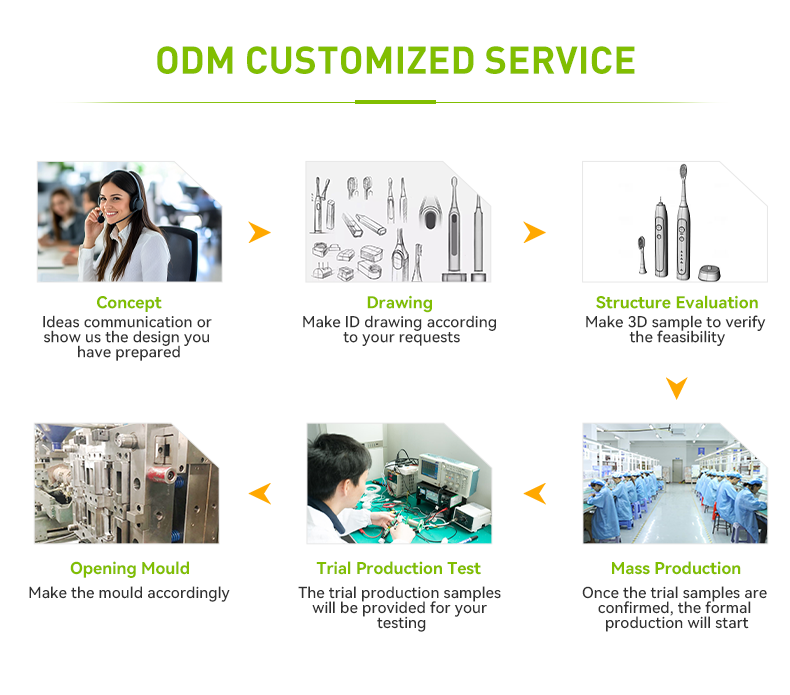
Can a Magnetic Levitation Motor Benefit from Vibration Damping Technology?